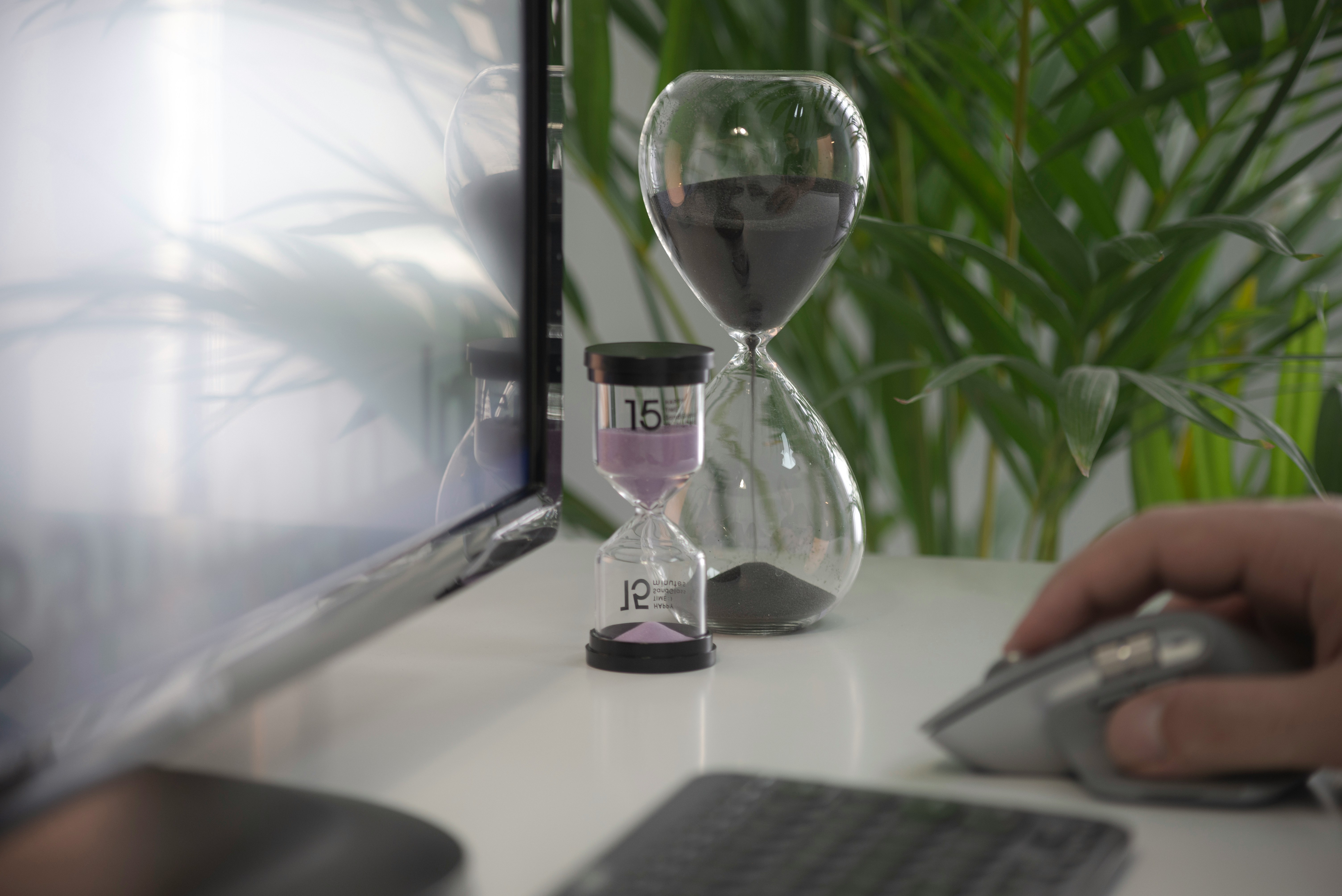
Photo by Eric Rothermel on Unsplash
Balancing studies, work, and personal life can feel like an impossible task. Educators have lessons to plan, emails to answer, and stacks of papers to grade. Students, on the other hand, juggle classes, assignments, social lives, and maybe even part-time jobs. The clock never stops ticking, and before you know it, another day is gone.
Most people have tried the usual advice: make a schedule, set reminders, or use a planner. But let’s be real—life doesn’t always go according to plan. Some days, you’re fully focused, knocking tasks off your list like a pro. Other days, even the simplest thing feels impossible, and procrastination wins.
That’s why it’s important to find what actually works for you. Whether you’re a teacher or a student, smart time management isn’t about squeezing every second out of your day—it’s about working efficiently. That’s where tools like Studyfy can help, offering practical support so you don’t feel buried under deadlines. Let’s dive into some real, no-nonsense strategies to help you get more done without feeling overwhelmed.

Photo by Milad Fakurian on Unsplash
Not all tasks are created equal. Some things are urgent, while others can wait. Instead of treating everything like it’s equally important, sort your tasks into categories. Focus on what truly matters first.
A simple trick is the "must-do, should-do, could-do" method. Must-dos are non-negotiable, like meeting a deadline or attending a lecture. Should-dos are important but flexible, like reviewing notes or answering emails. Could-dos are extras that are nice but not urgent, like organizing your desk or watching an educational video. When time is tight, focus on must-dos first, then work your way down.
Time blocking is often suggested, but many people use it wrong. They pack their schedule so tightly that there’s no breathing room. That’s a recipe for frustration. Instead, leave some buffer time between tasks.
For example, if you schedule an hour for studying, add a 10-minute break before jumping into the next thing. This way, you avoid burnout and give your brain time to reset. Also, be realistic—don’t assume you’ll finish a complex assignment in 30 minutes when you know it takes at least an hour.
Try experimenting with different block lengths to see what works best for you. Some people prefer the Pomodoro technique—working for 25-minute bursts with short breaks—while others do better with longer study sessions. It’s all about finding the balance that keeps you productive without feeling exhausted.
Switching between different types of tasks can slow you down. Instead of jumping from writing an essay to answering emails and then back to studying, try batching similar tasks together. For instance, dedicate a block of time just for reading, another for responding to messages, and another for creative work. This helps keep your brain in the same mode, making you more efficient.
A great way to apply this is when preparing for exams. Instead of jumping between multiple subjects in one sitting, focus on one topic at a time. If you’re a teacher, batch your grading sessions, so you’re evaluating similar assignments together. This cuts down on mental fatigue and makes it easier to stay focused.
Small tasks add up. If something takes less than two minutes to complete, do it immediately. Answer that quick email, jot down a reminder, or submit that assignment that’s ready to go. Taking care of little things right away prevents them from piling up into an overwhelming mess later.
It’s easy to ignore short tasks, thinking you’ll do them later. But in reality, they keep piling up and suddenly turn into an hour-long workload. Tackling them immediately saves time and keeps your to-do list from getting out of hand.
This one is hard, but it’s essential. Both educators and students often feel pressure to say yes to everything—extra projects, social events, last-minute favors. But time is limited, and you have to protect it.
If you’re already swamped, politely decline. A simple “I’d love to help, but I’m fully booked this week” is enough. Setting boundaries doesn’t make you selfish—it makes you smart.
Saying no doesn’t mean shutting people out; it means valuing your time and mental health. The more selective you are with commitments, the better quality work you’ll produce.
Apps and digital tools can be lifesavers if used correctly. Calendar apps, task managers, and study timers can help keep you on track. But be mindful—technology can also be a huge distraction.
If you constantly check social media or get sidetracked by notifications, use apps that limit distractions. Tools like website blockers or focus timers can help you stay on task.
Some great apps to explore include Notion for organization, Forest for focus, and Google Keep for quick note-taking. The key is using tech to your advantage instead of letting it steal your attention.
You probably have small pockets of time throughout the day—waiting in line, sitting on the bus, or waiting for class to start. Instead of letting these moments go to waste, use them wisely.
These little moments add up, helping you stay productive without extra effort.
Time management isn’t about stuffing more tasks into your day. It’s about working in a way that keeps you productive without burning out. Some days will be more productive than others, and that’s okay. The key is consistency—small, smart changes add up over time.
Try a few of these strategies, see what fits your style, and most importantly, give yourself some grace. Being efficient doesn’t mean being perfect—it just means making your time work for you. The goal is progress, not perfection.
At the end of the day, the way you manage your time should help you feel more in control, not more stressed. So start small, make adjustments, and build a routine that works for you. You've got this!